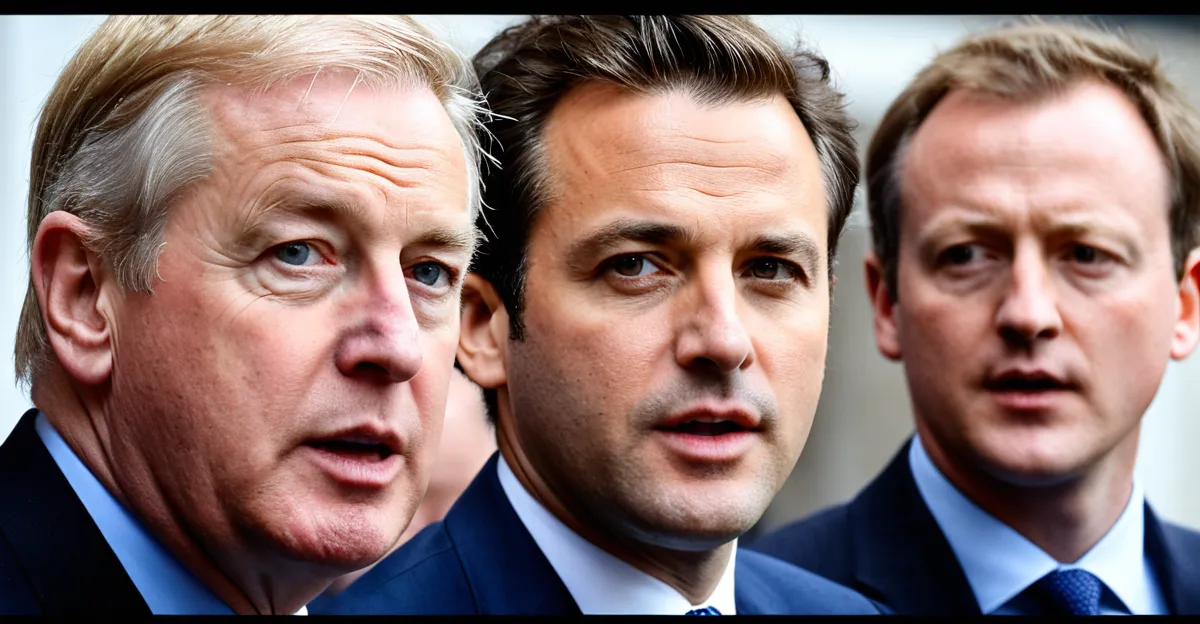Immediate Economic Reactions to UK Political Changes
Recent UK political developments have triggered swift responses in global financial markets. Investor sentiment showed notable shifts as uncertainty grew around policy directions and governance stability. The pound sterling experienced immediate volatility, often weakening against major currencies due to concerns over future economic policy clarity.
Stock markets reflected this mood, with UK indices seeing fluctuations tied directly to political announcements. International investors adjusted portfolios, reducing exposure to UK assets temporarily while evaluating the ramifications of shifts in leadership or legislative agendas. This reflexive action underscores the interconnectedness between UK political developments and broader market dynamics.
Also to read : Discover outdoor fun at camping fontainebleau's la rivière dorée
Currency values dropped initially because foreign exchange traders reacted to perceived risks stemming from unclear fiscal direction and trade policies. Stock exchanges mirrored this pattern, with sectors like financial services particularly sensitive to political instability. The swift movement in currency and equity markets illustrates how tightly global economic systems respond to political events in key economies such as the UK.
In summary, the initial phase post-political change featured a mix of caution and repositioning by global investors. This immediate reaction, although short-lived in some cases, demonstrates the broader financial markets response that can ripple across economies worldwide following significant UK political developments.
Additional reading : How Will Recent UK News Developments Impact Global Relations?
Effects on International Trade and Supply Chains
Recent shifts in UK trade policy following political changes have created tangible impacts on international trade impacts and disrupted global supply chains. Adjustments to trade agreements and tariffs have introduced uncertainty, causing delays and increased costs for cross-border transactions. Regulatory standards have also been modified, requiring exporters and importers to navigate new compliance frameworks, directly influencing multinational businesses operating in and through the UK.
These changes particularly affect sectors reliant on timely delivery and complex supply networks, such as automotive manufacturing, pharmaceuticals, and food production. For instance, stricter customs inspections and paperwork have slowed shipments, leading companies to reconsider sourcing and distribution strategies.
The ripple effect across global supply chains reflects a cautious recalibration as businesses adapt to evolving trade landscapes. This adjustment is critical because disruptions could inflate operational expenses and delay production schedules, impacting profitability.
Understanding the specifics of the UK trade policy changes helps clarify how these international trade challenges unfold. Businesses must now account for evolving tariffs and border controls, which in turn shape competitive dynamics and strategic decisions within global markets. The ongoing political developments signal a transformative period for trade relations with lasting global economic impact.











